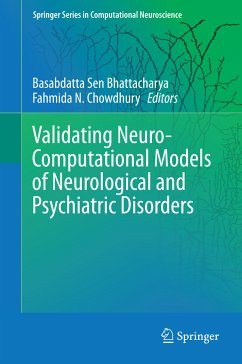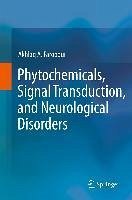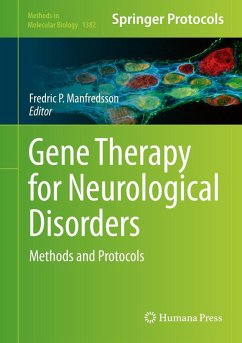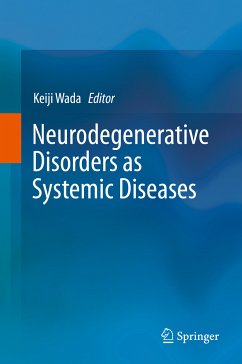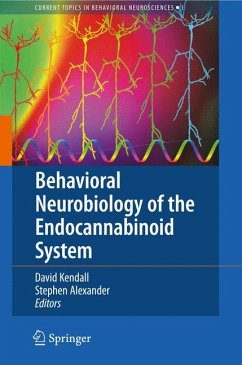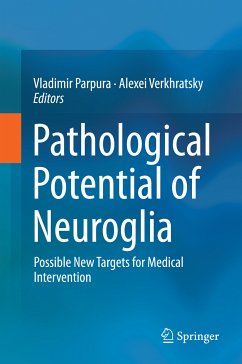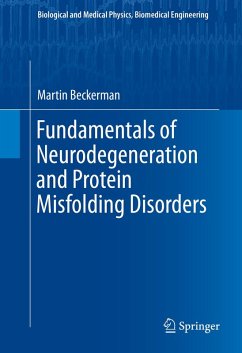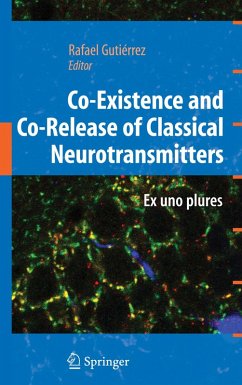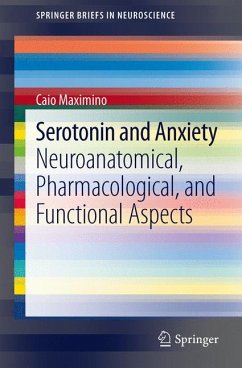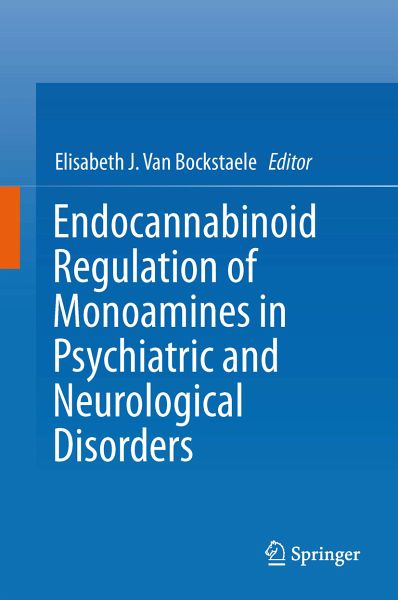
Endocannabinoid Regulation of Monoamines in Psychiatric and Neurological Disorders (eBook, PDF)
Versandkostenfrei!
Sofort per Download lieferbar
112,95 €
inkl. MwSt.
Weitere Ausgaben:

PAYBACK Punkte
56 °P sammeln!
The past decade has seen tremendous growth in the study of cannabinoid receptor signaling in brain. The impact and consequences of cannabinoid modulation of monoaminergic (dopamine, norepinephrine, and serotonin) circuits is becoming more clear. Scientists have shown significant interaction between these two systems in a variety of psychiatric and neurological disorders such as affective disorders, multiple sclerosis, and pain or pain disorders. The overarching goal of Endocannabinoid Regulation of Monoamines in Psychiatric and Neurological Disorders is to provide current information on advanc...
The past decade has seen tremendous growth in the study of cannabinoid receptor signaling in brain. The impact and consequences of cannabinoid modulation of monoaminergic (dopamine, norepinephrine, and serotonin) circuits is becoming more clear. Scientists have shown significant interaction between these two systems in a variety of psychiatric and neurological disorders such as affective disorders, multiple sclerosis, and pain or pain disorders. The overarching goal of Endocannabinoid Regulation of Monoamines in Psychiatric and Neurological Disorders is to provide current information on advances in the field of endocannabinoid signaling and potential therapeutic applications with a particular emphasis on monoaminergic circuits. ¿
Dieser Download kann aus rechtlichen Gründen nur mit Rechnungsadresse in A, B, BG, CY, CZ, D, DK, EW, E, FIN, F, GR, HR, H, IRL, I, LT, L, LR, M, NL, PL, P, R, S, SLO, SK ausgeliefert werden.




